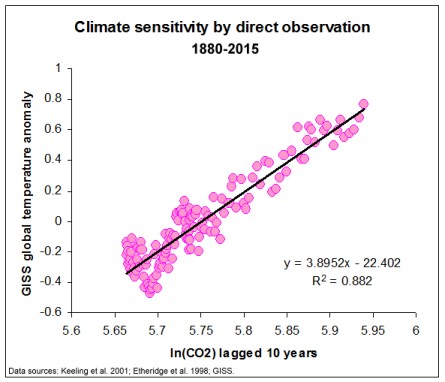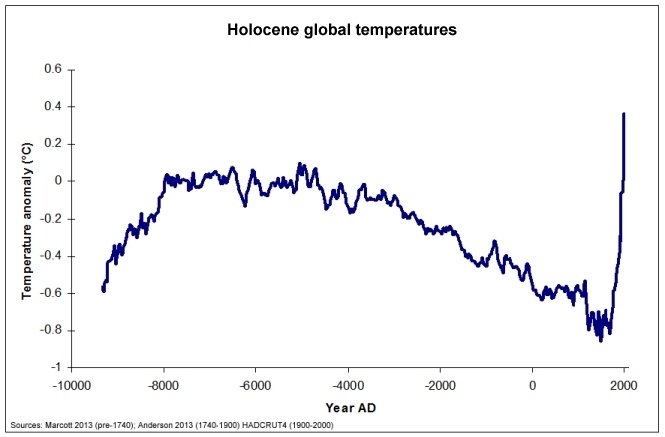Paris was an enviro-fail, but a PR success, and political win — it’s a non-binding, non-treaty, but real commitment.
Watch the pea. What does it mean to have a non-binding non-treaty, at the same time as a real “commitment”? It’s all semantics, and, as usual, word games are the weapons of big-bureaucrats. Don’t be fooled into thinking Paris was no threat to the free West.
As I keep saying, the climate conference in Paris was not trying to reduce CO2 or change the climate. The real aim is an endless free lunch for freeloaders. The Politicites didn’t get the legally binding agreement they dream of, but what they got may turn out to be almost as good. Marlo Lewis explains it may yet be politically binding on the target rich Western nations, which is all that really matters. It’s the best strategic review I’ve seen of what happened in Paris. . . .
Paris Agreement Is a Real Tiger: Lock and Load
Marlo Lewis
Summary: The Paris climate agreement is “non-binding, underfunded, and unenforceable,” as one conservative commentator put it. However, Paris is a “paper tiger” only on paper. The treaty’s core purpose is not to impose legal obligations but to establish the multi-decade framework for a global political pressure campaign. The pressure will be directed chiefly at those who oppose EPA’s unlawful Clean Power Plan and other elements of the President’s climate agenda. Republicans will get rolled unless GOP leaders organize a political counter-offensive centered around a Byrd-Hagel 2.0 resolution. Key message point: Contrary to President Obama, the Paris agreement is a treaty, hence it is not a policy of the United States until the Senate ratifies it. . . .
Second, an agreement in which each country promises to implement its own “nationally determined contribution” (NDC) to limiting global emissions allows Obama to
pretend EPA’s
Clean Power Plan (CPP) and other elements of his domestic climate agenda are “commitments” America has made to the world.
The solution — pass a Byrd-Hagel 2.0
….watershed event in that battle was the Senate’s passage of the
Byrd-Hagel Resolution in July 1997. Byrd-Hagel preemptively nixed any climate agreement, like Kyoto, that would either exempt developing countries from emission-reduction targets and timetables or harm the U.S. economy.
GOP leaders and their allies must mount their own campaign to undercut the global political pressure regime Obama plans to construct via the Paris treaty. The most important thing they can do is pass a Byrd-Hagel 2.0, such as the
concurrent resolution introduced by Sen. Mike Lee (R-Utah) and Rep. Mike Kelly (R-Penn.). For maximum effect, they should pass it before April 22, 2016, when the Paris treaty is officially open for “ratification, acceptance, accession, or approval.”
The resolution and accompanying outreach should resoundingly affirm the following basic points:
(1) The legislative and executive branches are co-equal and treaty making is a shared power. The President does not get to decide unilaterally what is and is not a treaty subject to Senate review.
(2) The Paris agreement, by virtue of its detail, the extent of its commitments, previous national practice, and other factors, is a treaty.
(3) The United States is not a party to a treaty until and unless the Senate ratifies it.
(4) The President cannot unilaterally adopt U.S. emission-reduction targets and timetables as part of an international climate agreement, without violating the terms on which the Senate ratified the UN Framework Convention on Climate Change.
(5) Evading Senate review by falsely claiming Paris is not a treaty would make executive agencies less accountable to Congress and the American people and more beholden to foreign leaders, U.N. bureaucrats, and unaccountable NGOs.
Read the whole analysis
at Cooler Heads.




